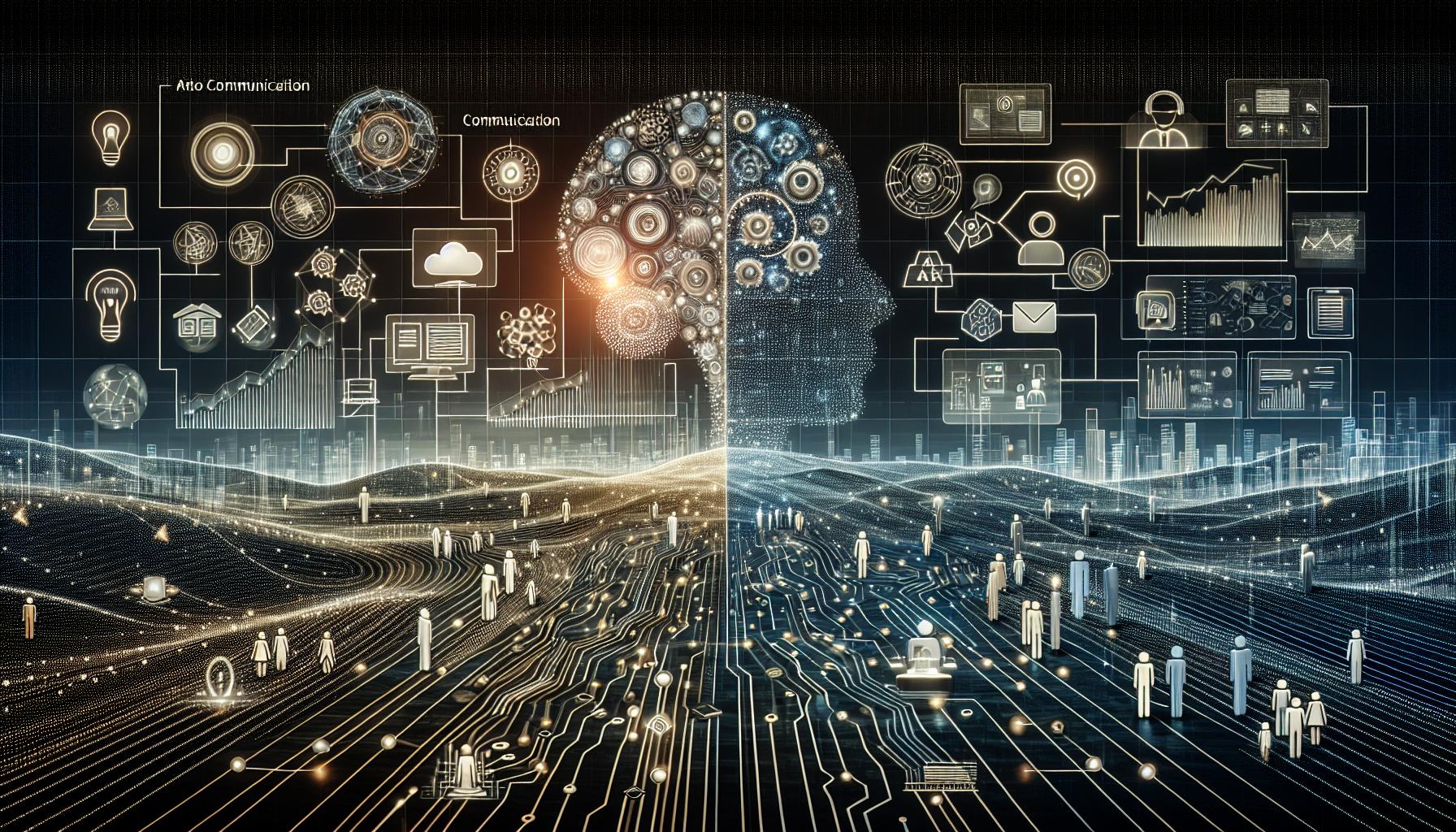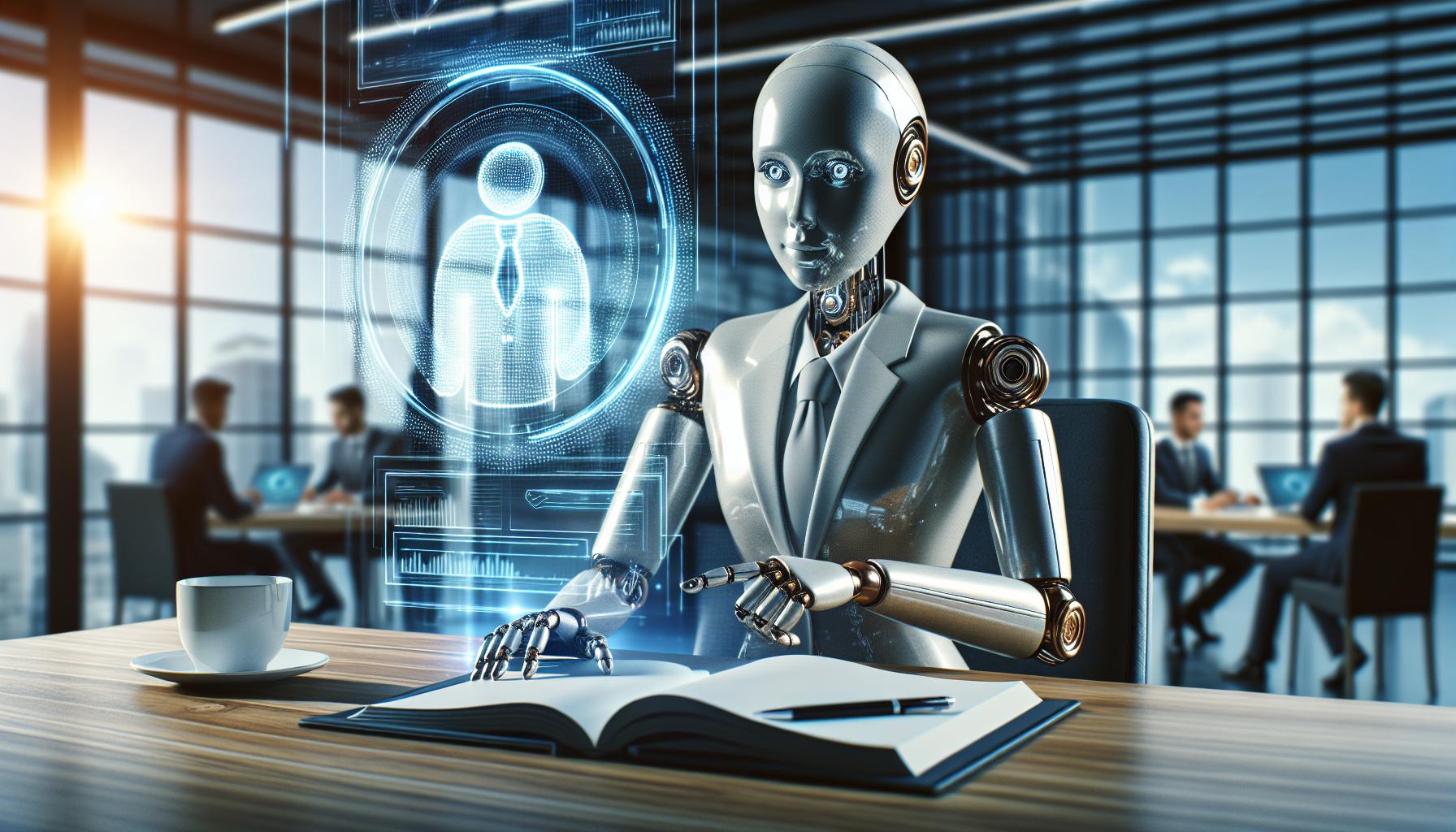The Role of AI Companionship in a Lonely World

The Role of A.I. Companionship in a Lonely World
Loneliness has become a significant public health issue, often described as an epidemic with profound impacts on health and well-being. Research shows that loneliness can increase the risk of premature death by 26% and is linked to various health problems such as heart disease, depression, and cognitive decline. However, experts suggest that A.I. technology could play a crucial role in mitigating loneliness by providing social interaction and helping people practice and enhance their social skills.
The Role of A.I. in Social Interaction
AI companionship has emerged as a promising solution to address the loneliness epidemic. A.I. companions can offer consistent interaction, reduce feelings of isolation, and enhance users' social skills. These A.I. systems are designed to simulate human conversation, offering personalized interactions that can adapt to the user's preferences over time. This adaptability makes A.I. companions particularly effective in providing emotional support and companionship.
Health Benefits of A.I. Companionship
The potential health benefits of A.I. companionship are significant. By alleviating feelings of loneliness, A.I. companions can help reduce the risk of related health issues. Improved social interaction can lead to better mental health, lower levels of stress, and enhanced overall well-being. Furthermore, practicing social skills with A.I. can build confidence and prepare individuals for more meaningful human interactions.
The Need for Regulation
Despite the promising benefits, experts like Professor Tony Prescott of the University of Sheffield caution about the risks of excessive dependence on AI. Prescott warns that prolonged interactions with A.I. could deter individuals from seeking human connections, necessitating oversight to ensure balanced usage. Regulation may be necessary to mitigate potential risks, such as dependency on A.I. at the expense of real-world social engagements.
Companies Offering A.I. Companions
Several companies have already developed A.I. companions to help combat loneliness. These include:
- Replika: An A.I. chatbot that aims to provide emotional support and companionship, adapting to the user's conversational style.
- CAMPUS: An AI-driven social companion that helps users practice social skills and offers interactive engagement.
- EllieQ: A robot companion designed to assist elderly individuals by providing reminders, conversation, and companionship.
Understanding Human and Artificial Intelligence
The use of A.I. in combating loneliness also opens new avenues for understanding both human and Artificial Intelligence. Research into A.I. companionship can offer insights into human emotional needs, social behaviors, and the potential for A.I. to replicate meaningful social interactions. As A.I. technology continues to advance, its role in social interaction will likely expand, providing valuable data to enhance human-AI dynamics.
Conclusion
While A.I. companions offer a promising solution to the loneliness epidemic, careful consideration and regulation are necessary to ensure healthy usage patterns. By providing companionship and enhancing social skills, A.I. has the potential to make significant contributions to human well-being. However, it is essential to balance A.I. interactions with genuine human connections to foster a holistic approach to combating loneliness.
Ensuring that A.I. technology is used responsibly will be crucial in harnessing its benefits while mitigating potential risks. As research and development in this field progress, A.I. companions may become a valuable tool in our efforts to alleviate loneliness and improve quality of life.




